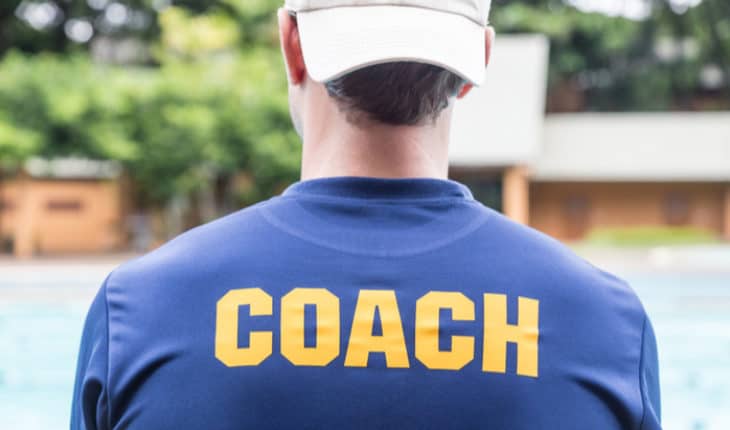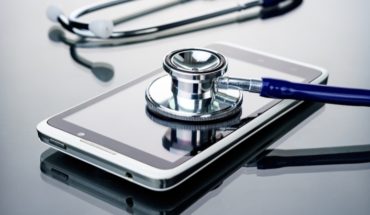An international research project led by Curtin University and funded by the International Olympic Committee (IOC) has developed and successfully tested an intervention program to help discourage doping in sport.
The research, published in prestigious sports science journal British Journal of Sports Medicine, was carried out in Australia, the UK and Greece and involved 919 athletes and 130 coaches from a variety of sports, such as AFL and rugby union.
Lead researcher Professor Nikos Ntoumanis from Curtin’s School of Psychology and Director of the Physical Activity and Well-Being Research group, said the CoachMADE intervention program showed it was possible to train coaches to help them have meaningful and impactful conversations about doping with their athletes.
“The research found the athletes of coaches who had been given intervention training through the CoachMADE program were less willing to take prohibited substances and had greater knowledge about anti-doping, compared to athletes whose coaches did not receive our training,” Professor Ntoumanis said.
“Also, the trained coaches reported greater confidence to create an anti-doping culture in their team, compared to coaches who did not receive training through the CoachMADE program.
“Our training drew from the psychology of motivation and effective communication and the latest anti-doping information from the World Anti-doping Agency and was developed according to the principles and aims of the Olympic Charter.”
Professor Ntoumanis said the CoachMADE program would now be used in new online education programs for coaches being developed by Sport Integrity Australia and Nationale Anti-Doping Agentur Austria GmbH (NADA Austria).
“The program is relevant to coaches at all levels and can be of benefit for any sport organisation or national anti-doping agency that wants to train its coaches to communicate effectively with their athletes about doping,” Professor Ntoumanis said.
“We know coaches can influence athletes’ intention to dope and many coaches have shown willingness to address the issue, but were unable to articulate the specific means by which they could facilitate the fight against doping.
“CoachMADE helps coaches to share existing anti-doping resources and communicate about doping with their athletes in ways that support athletes’ psychological needs.”
The study was supported by research teams from Leeds Beckett University and Aristotle University of Thessaloniki which ran the intervention in the UK and Greece.
The research paper titled, ‘An Intervention to Optimize Coach-Created Motivational Climates and Reduce Athlete Willingness to Dope (CoachMADE): A Three-Country Cluster Randomised Controlled Trial’, can be found online here.
- Breaking the ice for men’s mental health - 26th December 2025
- New bowel cancer test for early detection - 26th December 2025
- New method accelerates resistance testing in UTIs - 26th December 2025







